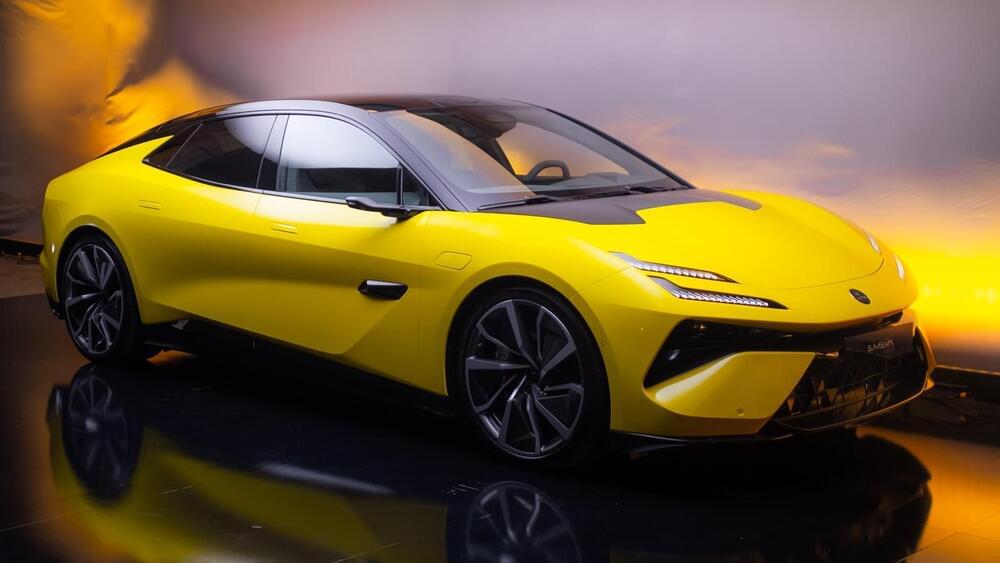We empirically study a simple layer-pruning strategy for popular families of open-weight pretrained LLMs, finding minimal degradation of performance on different question-answering benchmarks until after a…
Join the discussion on this paper page.
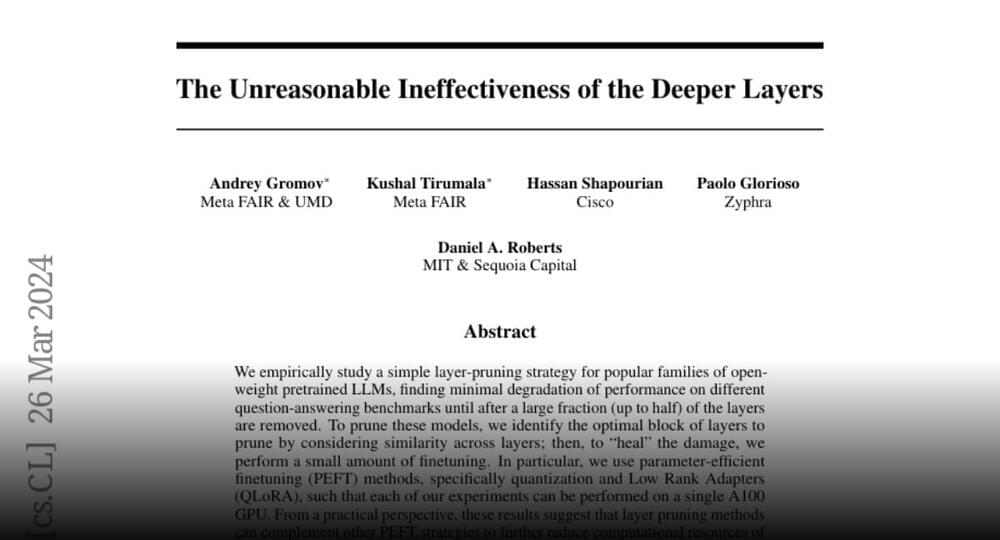
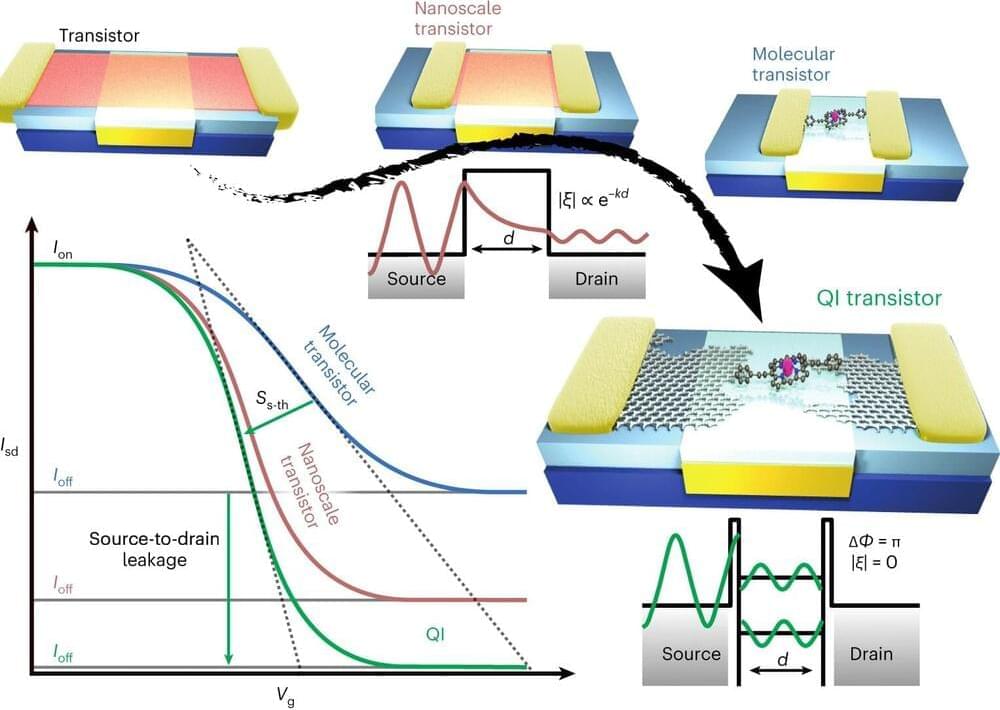
As transistors get smaller, they become increasingly inefficient and susceptible to errors, as electrons can leak through the device even when it is supposed to be switched off, by a process known as quantum tunneling. Researchers are exploring new types of switching mechanisms that can be used with different materials to remove this effect.
In the nanoscale structures that Professor Jan Mol, Dr. James Thomas, and their group study at Queen Mary’s School of Physical and Chemical Sciences, quantum mechanical effects dominate, and electrons behave as waves rather than particles. Taking advantage of these quantum effects, the researchers built a new transistor.
The transistor’s conductive channel is a single zinc porphyrin, a molecule that can conduct electricity. The porphyrin is sandwiched between two graphene electrodes, and when a voltage is applied to the electrodes, electron flow through the molecule can be controlled using quantum interference.


This article includes computer-generated images that map internet communities by topic, without specifically naming each one. The research was funded by the US government, which is anticipating massive interference in the 2024 elections by “bad actors” using relatively simple AI chat-bots.
In an era of super-accelerated technological advancement, the specter of malevolent artificial intelligence (AI) looms large. While AI holds promise for transforming industries and enhancing human life, the potential for abuse poses significant societal risks. Threats include avalanches of misinformation, deepfake videos, voice mimicry, sophisticated phishing scams, inflammatory ethnic and religious rhetoric, and autonomous weapons that make life-and-death decisions without human intervention.
During this election year in the United States, some are worried that bad actor AI will sway the outcomes of hotly contested races. We spoke with Neil Johnson, a professor of physics at George Washington University, about his research that maps out where AI threats originate and how to help keep ourselves safe.
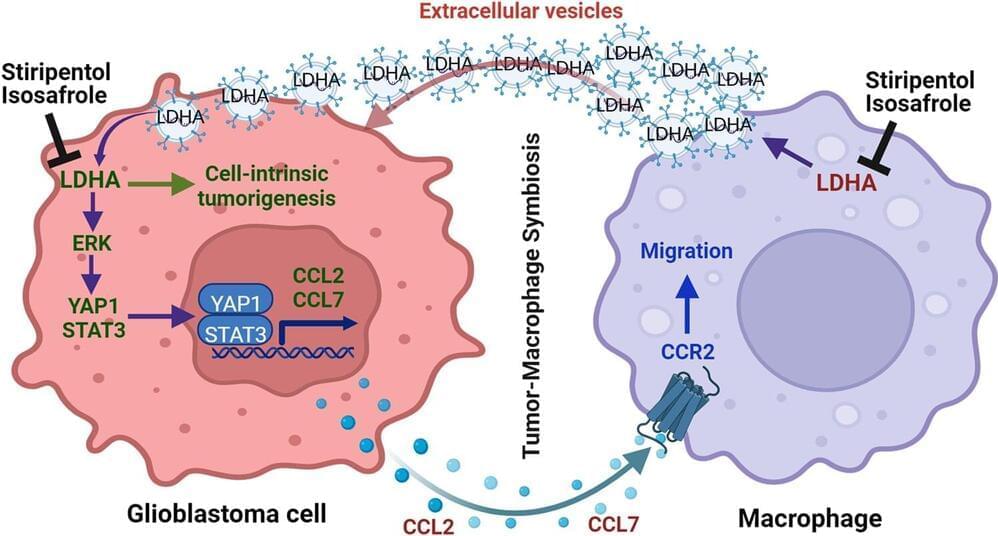

Artificial intelligence (AI) is bringing a new era to healthcare. A large part of its value is the ability to collect and analyze data sets to streamline administrative processes, improve diagnosis accuracy, and optimize treatment regimens.
Now researchers have added antibiotic discovery to that list.
A recent study published in Nature Machine Intelligence by McMaster University and Stanford University researchers introduces SyntheMol, a generative AI model capable of designing new antibiotics to combat drug-resistant bacteria.
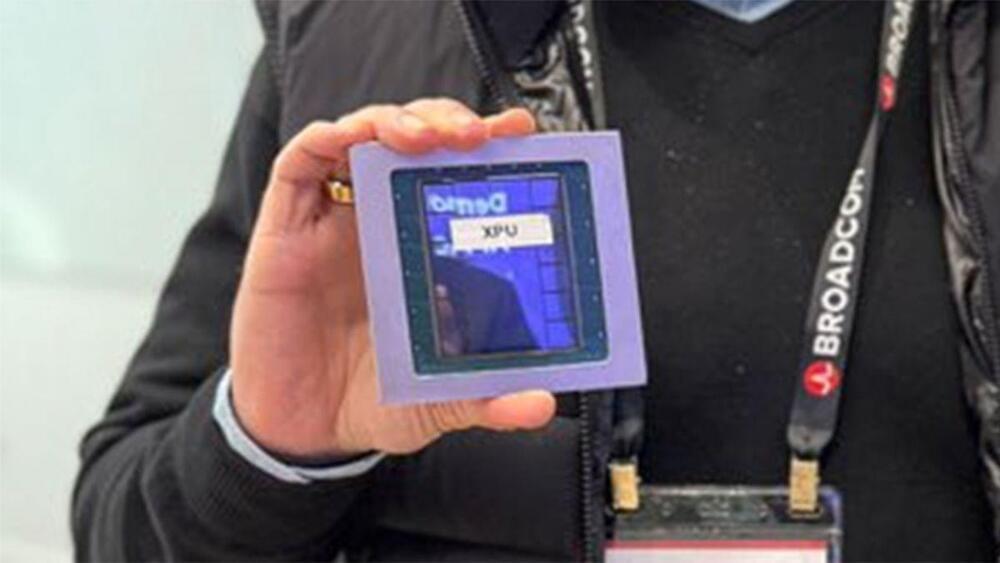
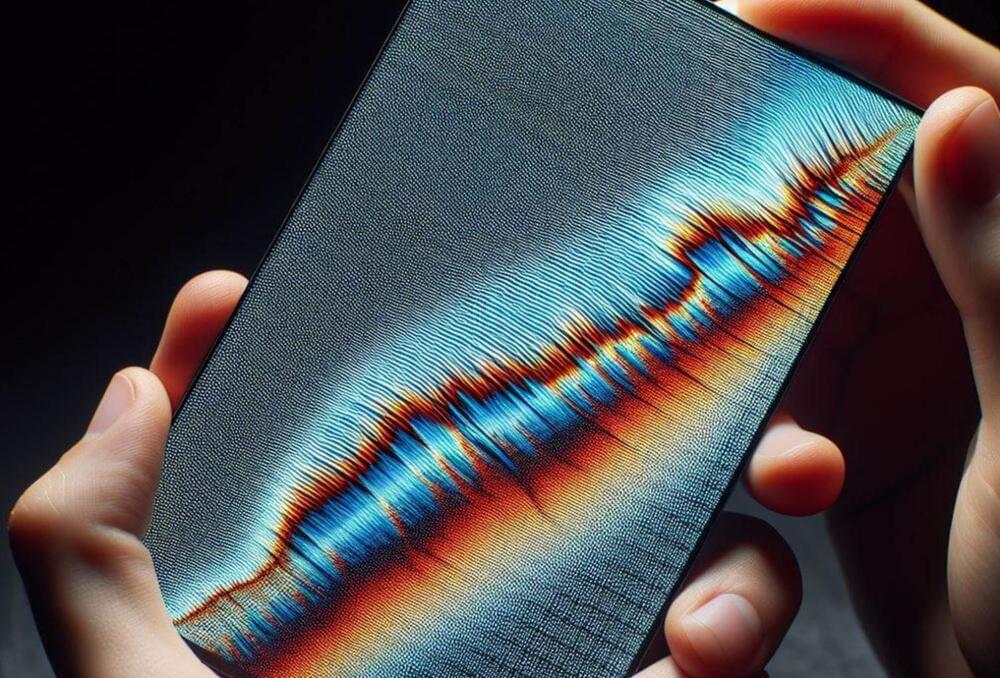
OLED panels have been around for quite some time, but now we are starting to see them come to gaming monitors, raising concerns about burn-in issues.
OLED pixel technology has been used in smartphones and TVs for many years now, and with each iteration of the technology, improvements are being made to the quality of the panel, particularly with the reduction of known problems. But now we are starting to see the gaming industry be blessed with gorgeous QD-OLED panels, and the brands behind these new gaming monitors are rolling out features such as MSI’s OLED Care technology to reduce the chances of debilitating issues such as burn-in.
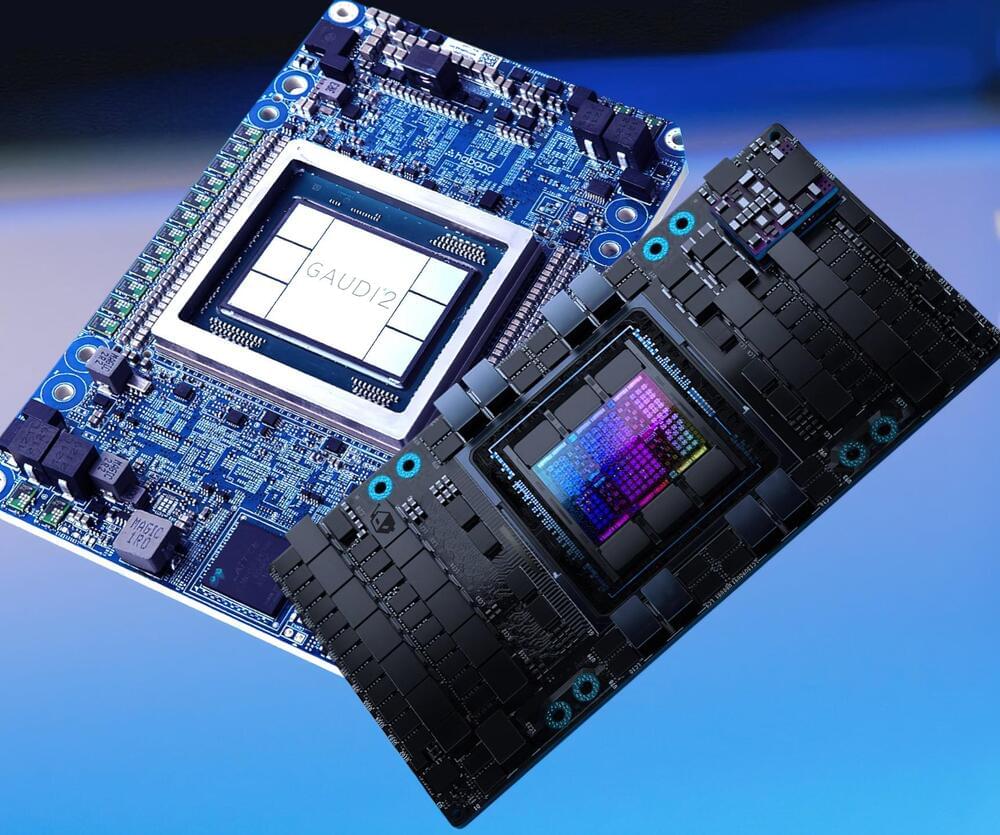
Qualcomm, Intel, and Google have reportedly formed a new “strategic” coalition in an attempt to dethrone NVIDIA from the AI markets.
It Takes Not One But Three Big Tech Companies Such as Qualcomm, Intel & Google, To Have A Chance To Dethrone NVIDIA’s CUDA Supremacy In AI
Now, this does sound interesting, and it is probably a development to watch out for since we haven’t seen such a massive collaboration among companies to target a single entity. NVIDIA’s dominance in the AI market has shocked competitors to a vast extent since such financial growth and adoption weren’t seen previously. NVIDIA has gobbled up the bulk of the share of AI in tech industry, leaving no space for competitors to fill in, and this has troubled many of the firms who have now formulated a united front against NVIDIA.
